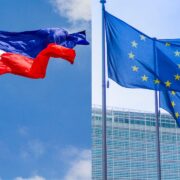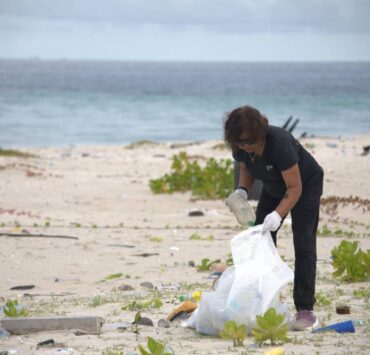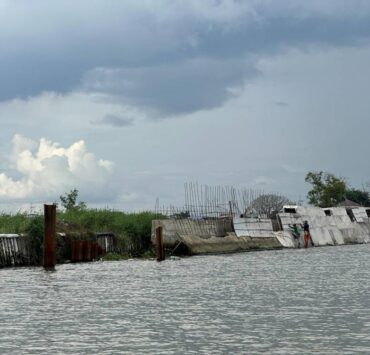Father Flavie: Magsaysay Award honors drug war’s ‘wounded healer’
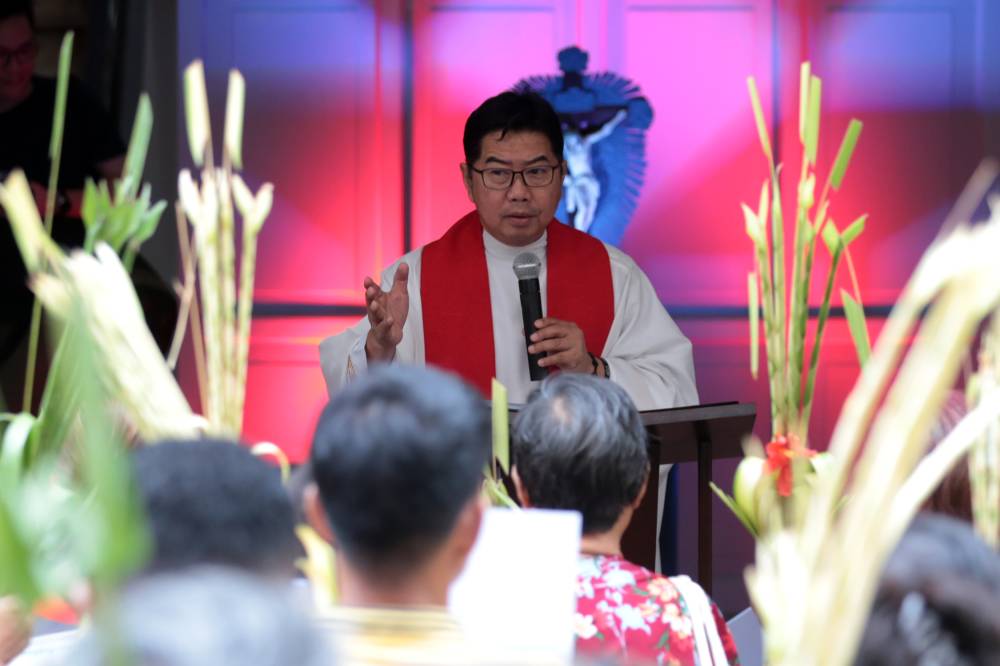
Every beneficiary that walks into the Arnold Janssen Kalinga Center (AJKC), the foundation established by Father Flaviano “Flavie” Villanueva for the homeless and the poor, must read this statement of affirmation before they take a bath as part of the program: “Ngayo’y madungis, mamaya maaring luminis (I am now dirty, later I can be clean).”
Villanueva, who is among the three recipients this year of the Ramon Magsaysay Award—widely regarded as the Asian equivalent of the Nobel Prize—knows how it is to wash off one’s dark past—whether as a perpetrator of sin or as a victim of injustice.
Once bedeviled by his own drug addiction, Villanueva, 54, spent much of his adolescence battling self-doubt and isolation—finding only a false sense of security and self-worth in drugs. His own family thought he was “a hopeless case,” as he put it.
But he picked himself up after hitting rock bottom, and knew then it was his life’s mission to help recovering drug users, the homeless, victims of injustice–and guide them as a “wounded healer” in their own path to healing and redemption.
‘Barkada,’ monastery
Recalling to reporters the time his “barkada” or group got him hooked on drugs when he was 14, as he was entering high school, Villanueva said “You know how addiction works—it begins with one puff, then one likes it and becomes part of a group. Then, that hospitality evolves to a certain craving and yearning for more.”
Villanueva said he was aware that his life was going downhill even amid his self-destruction. Eventually he sought help in a monastery in Tagaytay City, and there, he realized there must be “something better or higher or more valuable” than what he had been doing.
In time, he wanted to be a lay missionary and later on join the seminary. But by then, he was still haunted by his past demons.
“Well, honestly, I even doubted myself. I am not worthy of this kind of life,” Villanueva said, adding that his family even joked about cutting off their fingers if he finally became a priest.
“But just as there were people who doubted and judged, there were also people who encouraged, people who just popped out of nowhere and became [my] angels, became an inspiration and propelled me [toward this] life,” he said.
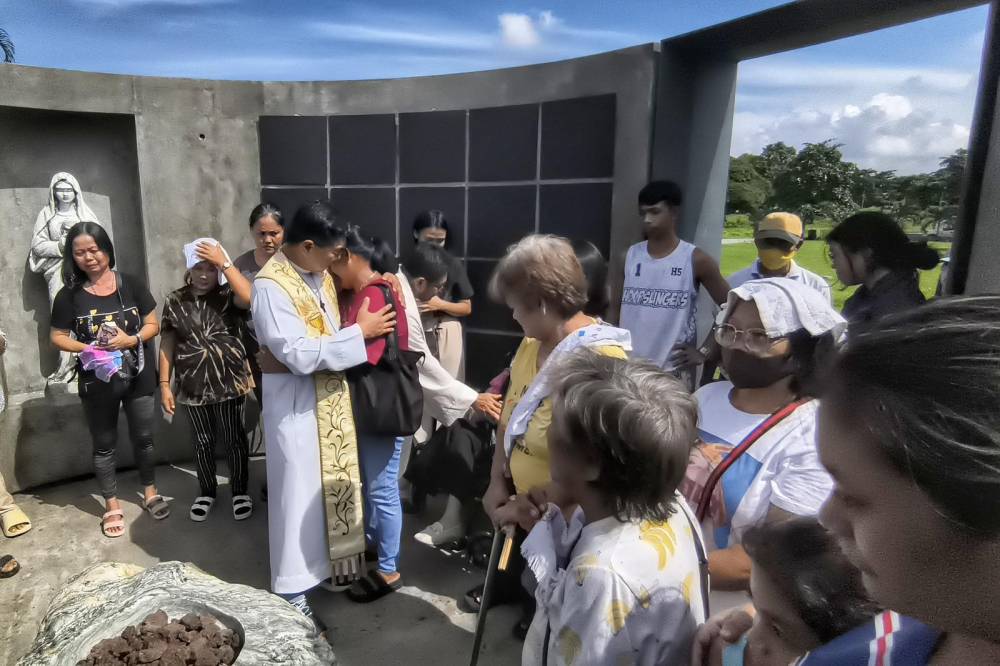
‘Killed by kindness’
A watershed moment he fondly remembers to this day was a random encounter at a supermarket.
Somebody offered to pay for Villanueva’s groceries when he saw that the seminarian (going by Villanueva’s clerical attire) took out some items in his cart because he did not have enough money.
“This was my first experience of being ‘killed by kindness’,” Villanueva said. “Just as there are challenges, there are also beautiful angels who come by us to remind us we’re not alone.”
He said this experience of being regarded as a dignified human being “opened my arms to embrace God’s ministry of embracing and caring for the wounded.”
Resistance to mission
By the time he encountered challenges in the practice of his faith, his resolve had become stronger, recalled the priest.
He remembered when the AJKC encountered resistance when he established that foundation in 2015. “It was met with a lot of questions, with a lot of reservations, and there were those who said no. Perhaps being as stubborn or obstinate as our founder Arnold Janssen, I could not say no and accept no that easily,” Villanueva said, referring to the 19th-century German missionary who was canonized in 2003.
“I believe that I could still make and create efforts on how to present it in another way. And I would only be comfortable after being rejected thrice, just as Christ was rejected thrice,” Villanueva said.
It did not take long before members of his congregation became convinced of his enterprise.
“That opposition…turned to camaraderie, [and now they have become the] number one fan of the mission,” he said.
‘Dignified care’
A year after forming AJKC, Villanueva established Program Paghilom, which has since helped more than 300 families whose loved ones were among the thousands of fatalities in the drug war of former president Rodrigo Duterte.
In the course of helping the drug war victims, Villanueva was charged with sedition in 2021 but was acquitted two years later. He remained steadfast in the humanitarian efforts of his organization.
To help families of the drug war victims rebuild their lives and regain their dignity, AJKC provides “dignified care” through the provision of food and livelihood as well as education.
Villanueva noted that the word “Kalinga” from the foundation’s name stands for “kain, aral, ligo nang umayos (Eat, learn and bathe to be well).”
“That is how I define dignified care. What I have is also what I wish my brother, my sister, the homeless under our care will also have and partake of. That dignified care is one of the reasons why people have been…returning [to us],” he said.
Villanueva also emphasized that healing cannot exist without justice and accountability.
“Healing is always synonymous with justice…When a widow chooses to be part of a program that offers opportunities for her and her family to experience that holistic healing, I believe that is also headed towards the path of the process of claiming justice,” he said.
Villanueva believes families of the drug war victims finally speaking up about their harrowing experience “spells empowerment.”













